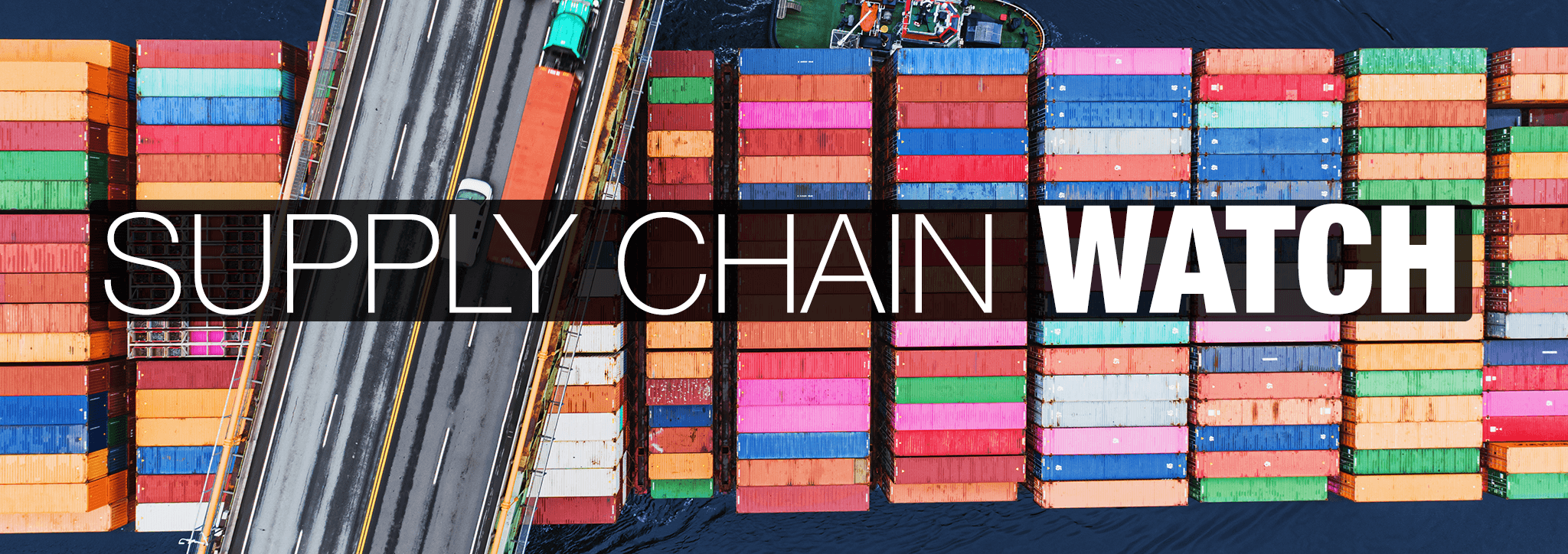
A silver lining in the global economy's post-pandemic supply-chain challenges has been policymakers' heightened attention to long-term issues hampering our domestic freight transportation networks. While shuttered Asian factories, chip shortages and other emerging chokepoints are newer problems particular to COVID-19 shutdowns, they’ve shed light on broader, systemic issues that have long impacted American trucking companies and their ability to keep the supply chain turning.
Many of those issues emanate from our maritime ports, where abusive business practices by a cartel of foreign-owned ocean shipping companies have fleeced American trucking companies and U.S. consumers to the tune of billions of dollars. Fortunately, both Congress and the Biden Administration are aligned on the goal of increasing marketplace fairness in our ports and eliminating anti-competitive behavior that's enabled ocean carriers to reap record profits at the expense of truckers and consumers.
During his State of the Union Address, President Biden remarked on the need for reforms in the ocean shipping industry, which has seen extraordinary consolidation in recent years. This global industry is dominated by only about ten foreign companies who have formed three dominant alliances to shrink competition even further. According to the New York Times, the price to transport a container from China to the West Coast of the United States costs 12 times as much as it did two years ago, while the time it takes a container to make that journey has nearly doubled. This gouging helped ocean carriers reap a record $150 billion in profits last year.
In Congress, the Ocean Shipping Reform Act recently cleared the U.S. House of Representatives with strong bipartisan support, while a Senate version was just approved by the Commerce Committee. This legislation would represent the first major update for laws governing U.S. maritime port operations in more than 20 years. It would change the law to combat unjust and unreasonable detention and demurrage charges while providing the Federal Maritime Commission with new tools to ensure ocean carriers are treating American truckers, shippers and exporters fairly.
Designed to incentivize the swift movement of freight, detention and demurrage fees are levied on motor carriers by ocean carriers and marine terminal operators when shipping containers are not moved on schedule. However, these punitive fees are often levied even when delays are caused by factors entirely outside truckers’ control (e.g. long lines and wait times to enter a terminal) -- or even caused by the ocean carriers themselves.
Imagine renting a power tool from your local hardware store for 24 hours, but upon return the store tells you, "Sorry, we currently don't have any room for it in our warehouse, so you'll have to continue paying the daily rental fee until we can find some space." Truckers regularly encounter a similar scenario when ports lack the yard space to accept returning empty containers, forcing the motor carrier to pay demurrage fees on the equipment even though they have brought it back on time.
U.S. Senator Klobuchar (D-MN) recently raised this issue during a Senate hearing:
.@SenAmyKlobuchar is right: we need to protect American truckers and consumers from unfair fees levied by the cartel of foreign-owned ocean carriers in our nation's ports. #PassOSRA pic.twitter.com/pUHKTEAW9D
— American Trucking (@TRUCKINGdotORG) March 4, 2022
Chassis are another chokepoint gumming up the maritime supply chain. Intermodal chassis might be a term unfamiliar to many consumers, but this rudimentary piece of equipment is a critical linchpin of international trade. Chassis are the rolling framework on which a shipping container sits in order for truckers to haul it. Before a truck can pick up a container, they must first pick up a chassis from a provider inside or near the port.
Often, foreign-owned ocean carriers require truckers to lease chassis from a specific provider which the steamship line has a partnership with. For example, if Trucker John wants to pick up a container from a Red Ocean ship, he must lease a red-colored chassis from Red Chassis Co. – even if no red chassis are readily available or are in unworkable condition, and despite the fact that he already has a blue chassis from a different provider on his truck. As a result, containers can't move, and freight backlogs worsen.
While the Ocean Shipping Reform Act doesn't address chassis choice, American Trucking Association's Intermodal Motor Carriers Conference has filed suit with the Federal Maritime Commission against the Ocean Carrier Equipment Management and the ocean carriers over their unfair and illegal practices that impact the price, availability and condition of chassis. Creating choice in the chassis market will create a level playing field for truckers while bringing down shipping times and costs for U.S. consumers.
This legislation and greater federal regulatory oversight will not solve the many issues hindering the safe and timely flow of freight through our maritime ports, but they are a major step in the right direction. As the global economy works through post-COVID supply chain challenges, it is encouraging to see Washington aligned across party lines on long-term solutions that will protect American businesses and consumers.